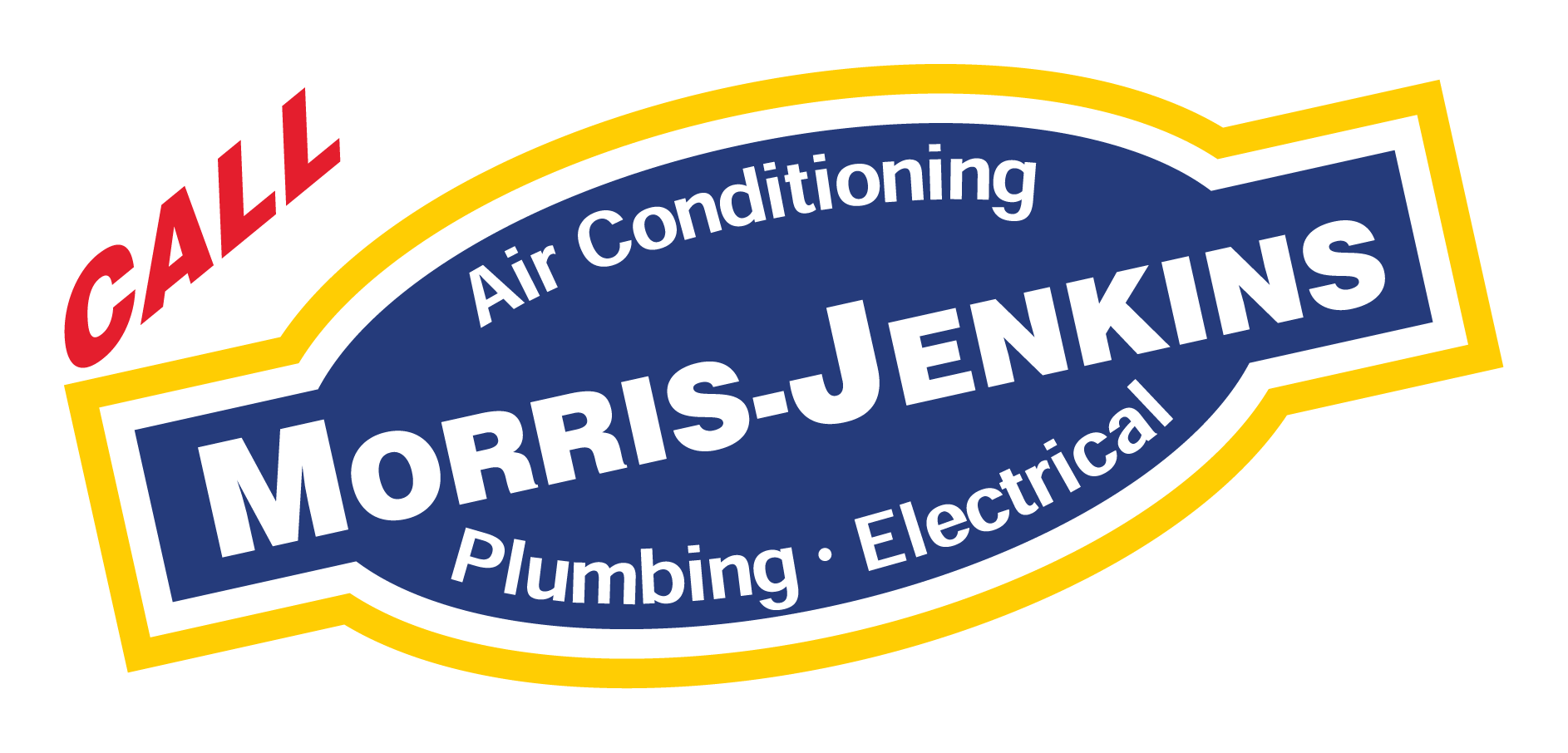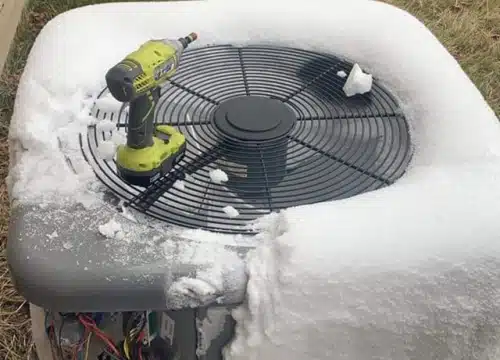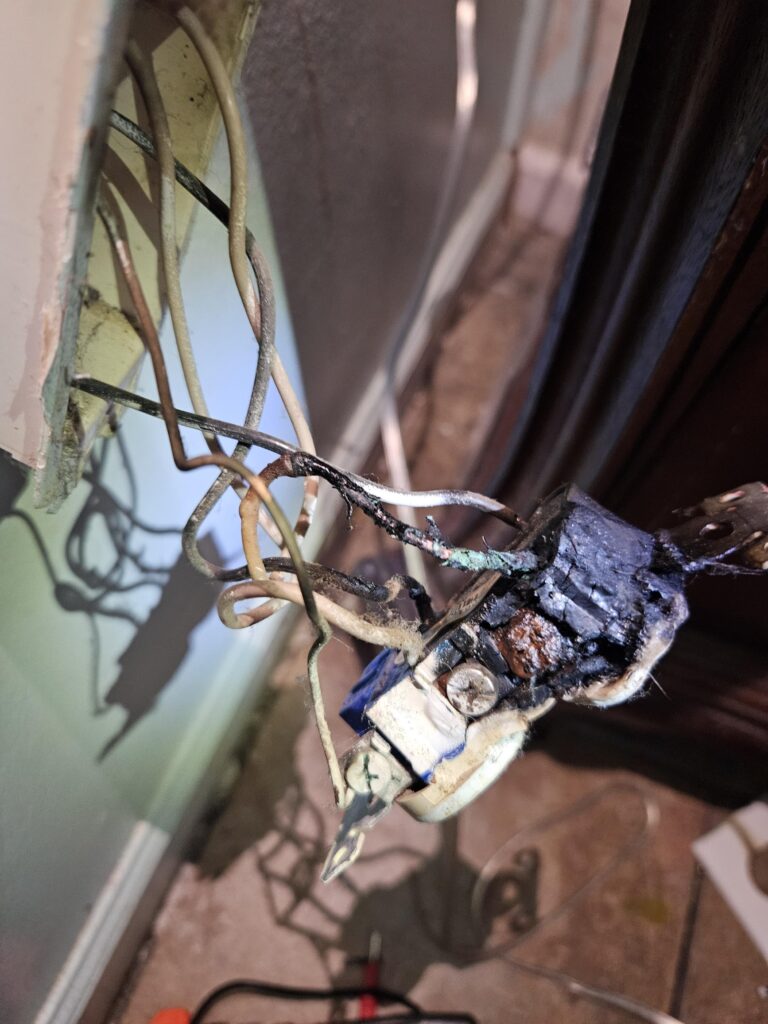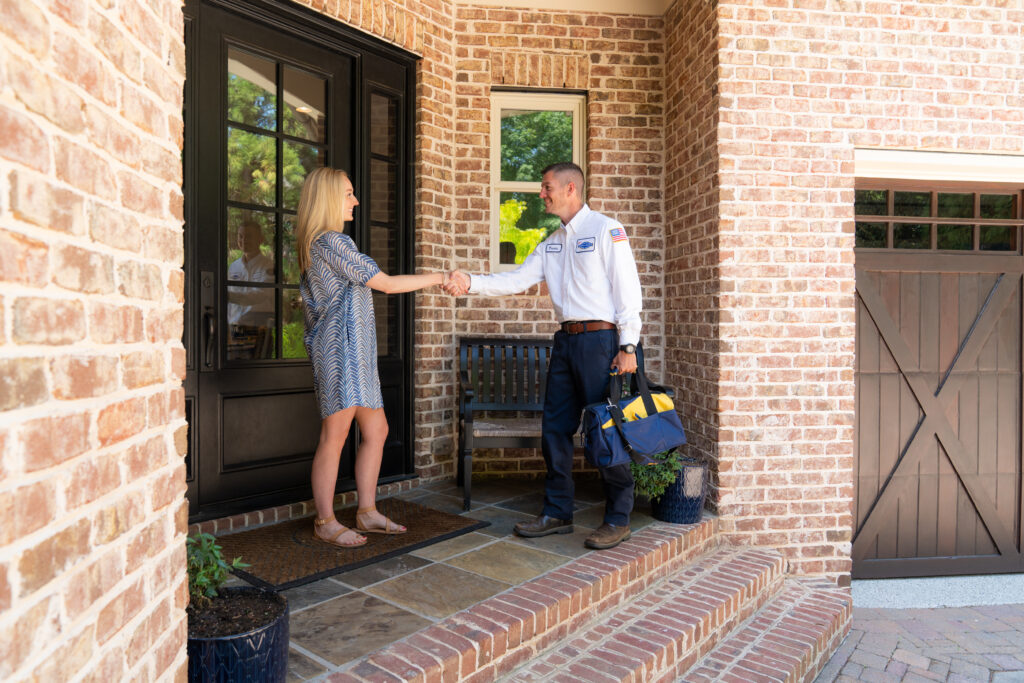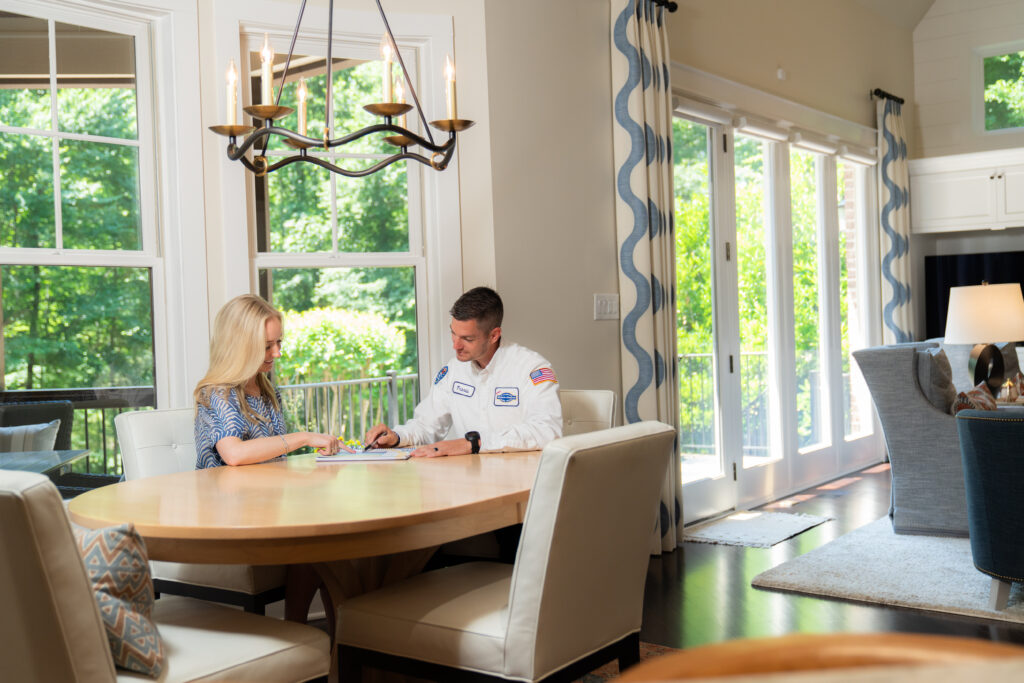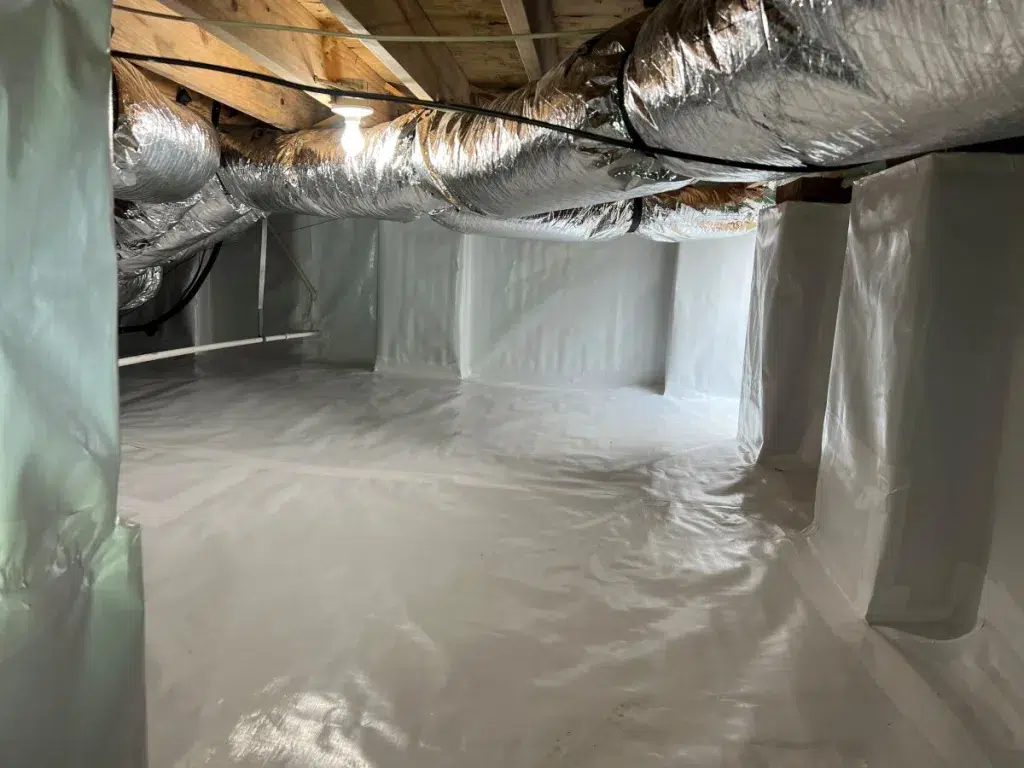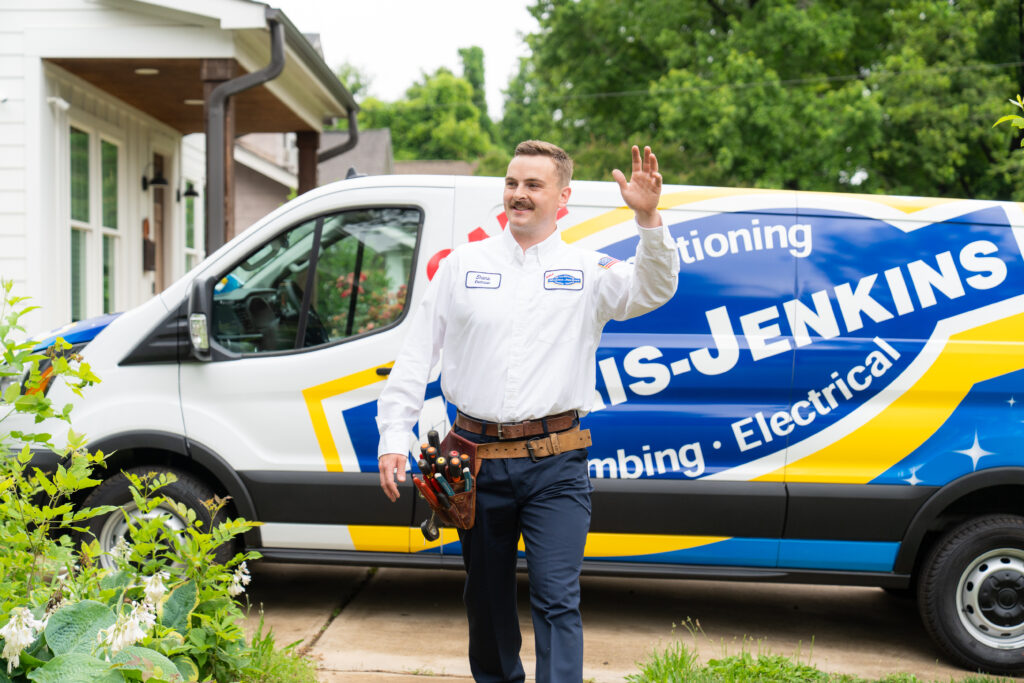You’ve spotted some ice or frost on your HVAC unit, and the panic has set in! Are you gonna need a new AC? Could you have prevented this? Before you worry too much, let’s talk about some possible causes for your frosty unit and what to do next.
Why Does My HVAC Unit Have Ice on It in the Summer?
If your outside AC unit is frozen during the summer, that’s a cause for concern. As you can imagine, something is probably wrong if ice can survive on your air conditioner in the Carolina heat. There are a couple likely causes, but don’t worry! Our technicians have seen it all, so no matter the reason for your icy unit, we’re here to help.
1. Low Refrigerant Levels
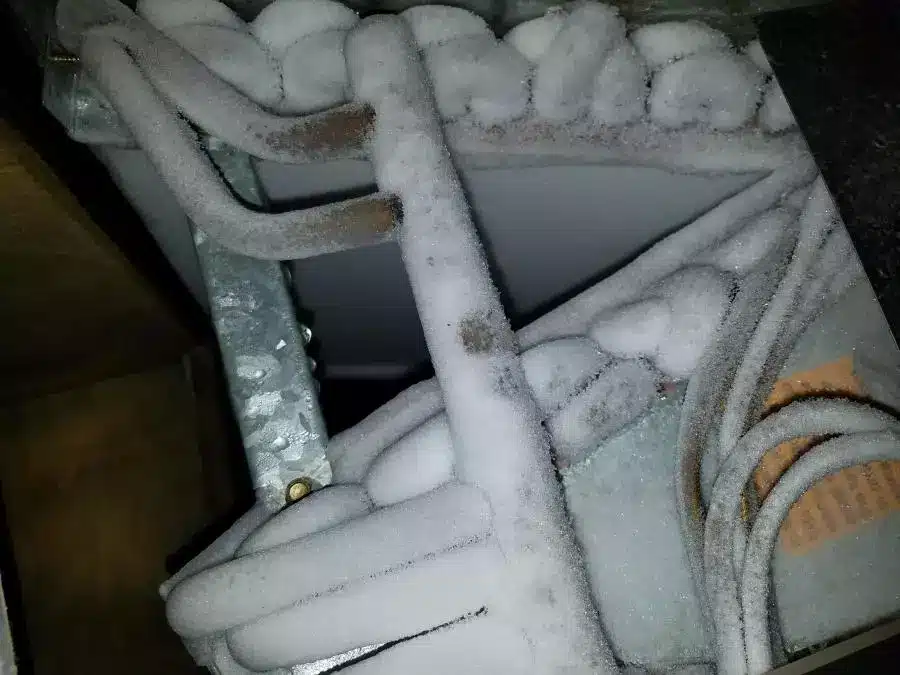
Refrigerant helps your air conditioner manage pressure. Your unit collects heat from your house and takes it outside. Your compressor releases that heat, then compresses refrigerant. Refrigerant (sometimes called Freon) is normally a liquid, but warm air changes it into a gas. As it heats up, it drops pressure. If your system doesn’t have enough refrigerant, this conversion happens too soon (less refrigerant means it takes less time to turn into a gas) and can get too cold. This sudden cold condenses the moisture in your unit onto the coils, which instantly freeze.
Related: “8 Signs You Might Have a Refrigerant Leak”
2. Faulty Defrost Board
If your unit is a heat pump, it comes equipped with a defrost board, which helps it recognize when the ice needs to be melted. A little ice is more likely to happen during the winter, but if your AC has ice during the summer, there’s a chance your defrost board isn’t communicating with your unit.
3. Faulty metering device
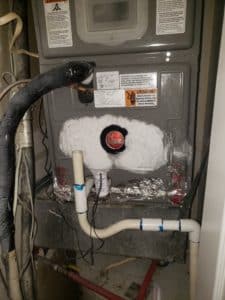
When your unit doesn’t need much refrigerant to cool your home, the TXV lets it know. TXV stands for Thermostatic Expansion Valve, and it’s a metering device that senses how much refrigerant your unit needs. It’ll reduce the amount of refrigerant sent through the coil to pull out heat from the home.
When it’s especially hot in your house, the TXV can sense that your unit needs extra refrigerant. It expands the opening to help the unit out. This way, it can pick up more of the heat and moisture in your home to take it outside. If this valve fails, it can cause your system to freeze up because, even if it has enough refrigerant, it isn’t receiving the signal to use the appropriate amount.
Why Does My Heat Pump Have Frost on It?
If you don’t have a gas bill, you might have a heat pump, and it’s common for heat pumps to get a little frosty. Don’t panic! It’ll go into defrost mode itself and your unit will be just fine. However, if your unit is entirely encased in ice, you might wanna call a professional.
Recommended: “Heat Pumps vs. Split System Air Conditioners”
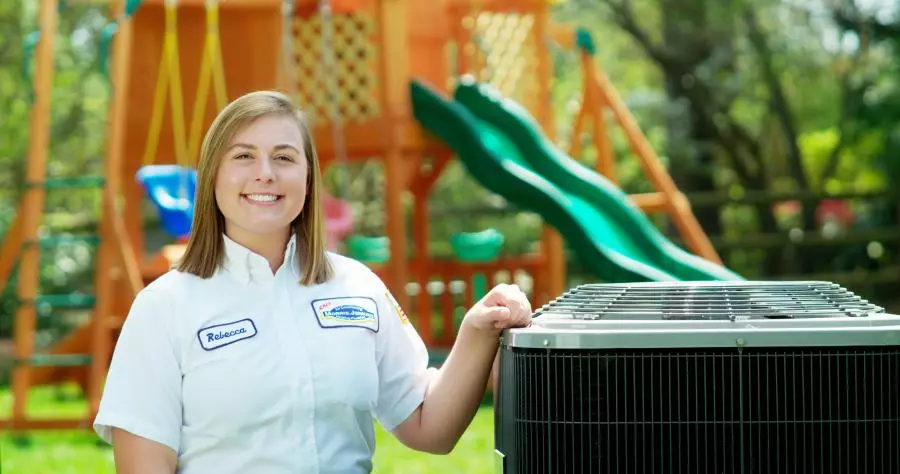
How to Remove Ice & Frost from Your AC
Turn off your unit before your appointment with us! This will give it a chance to thaw. Wanna speed up the process? Turn on your fan (and only your fan!). This produces energy, which can help your unit thaw.
How to Prevent Your AC from Freezing
Scheduling your seasonal maintenance with Morris-Jenkins is the biggest thing you can do to prevent your air conditioner from freezing! Priority Advantage® Members get two maintenance visits every year.
Another tip our techs recommend is that you change your filters regularly. This helps keep your unit free from dust and debris that could hurt its ability to work properly. Not sure how often to change your filter or what kind of air filter is best? Check out our article, Filters 101!
Let’s Make Sure Your Unit Works for Years to Come!
Regular maintenance and changing your filters on time are the two best things you can do for your unit. If it’s too late and you already have ice on your HVAC unit, thaw it out and call a pro. Our certified technicians have seen it all and know just what to do!
